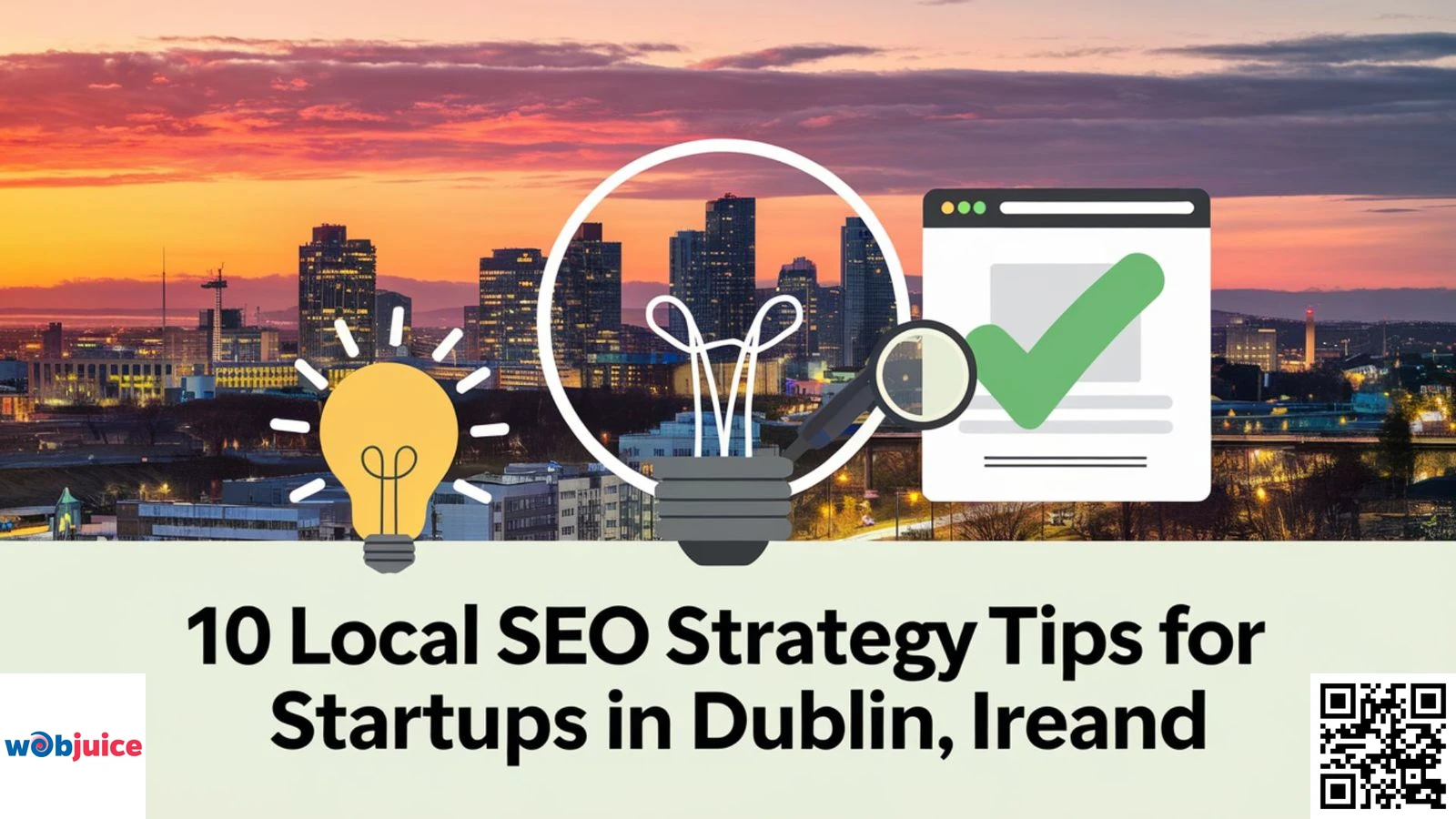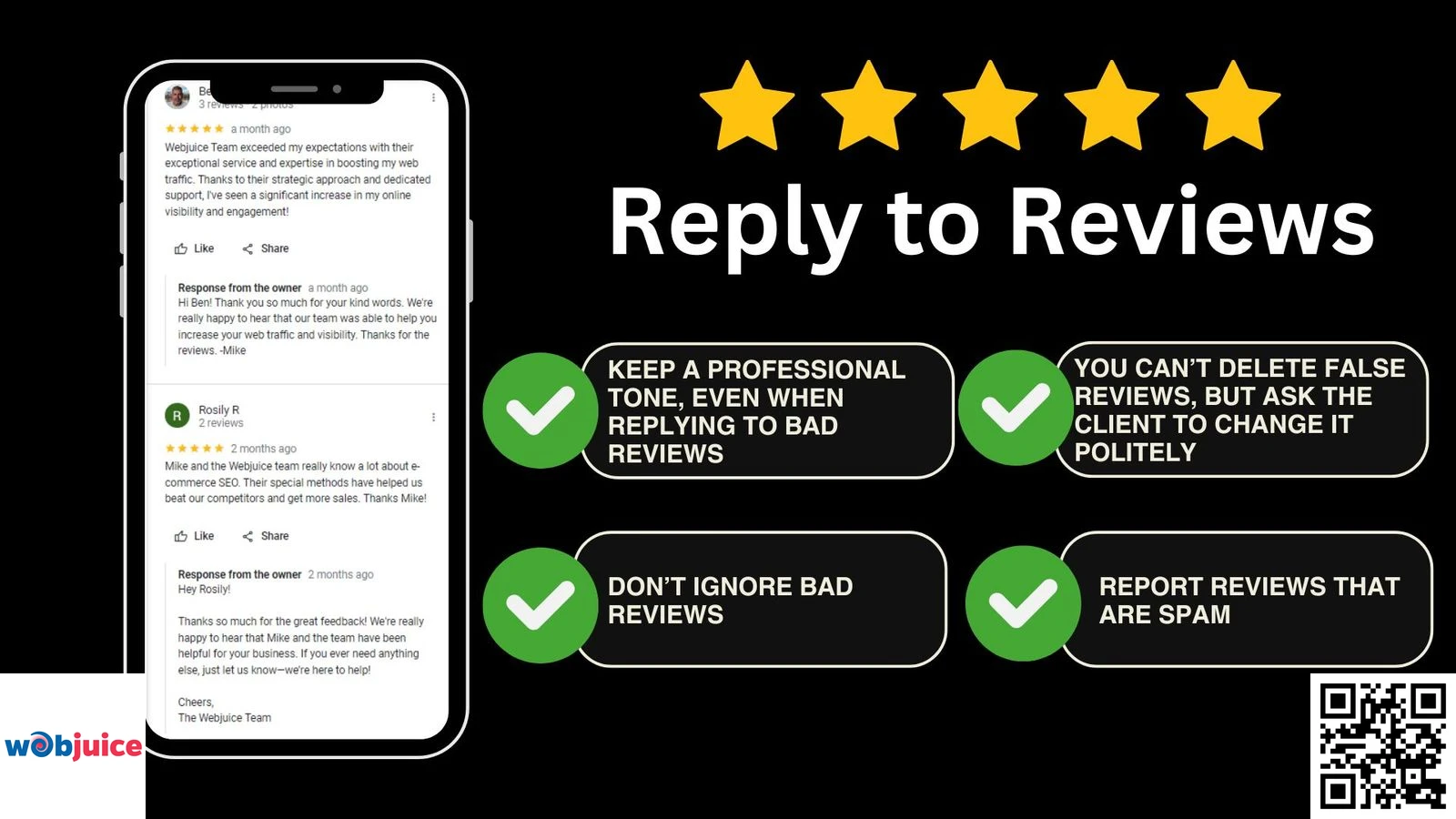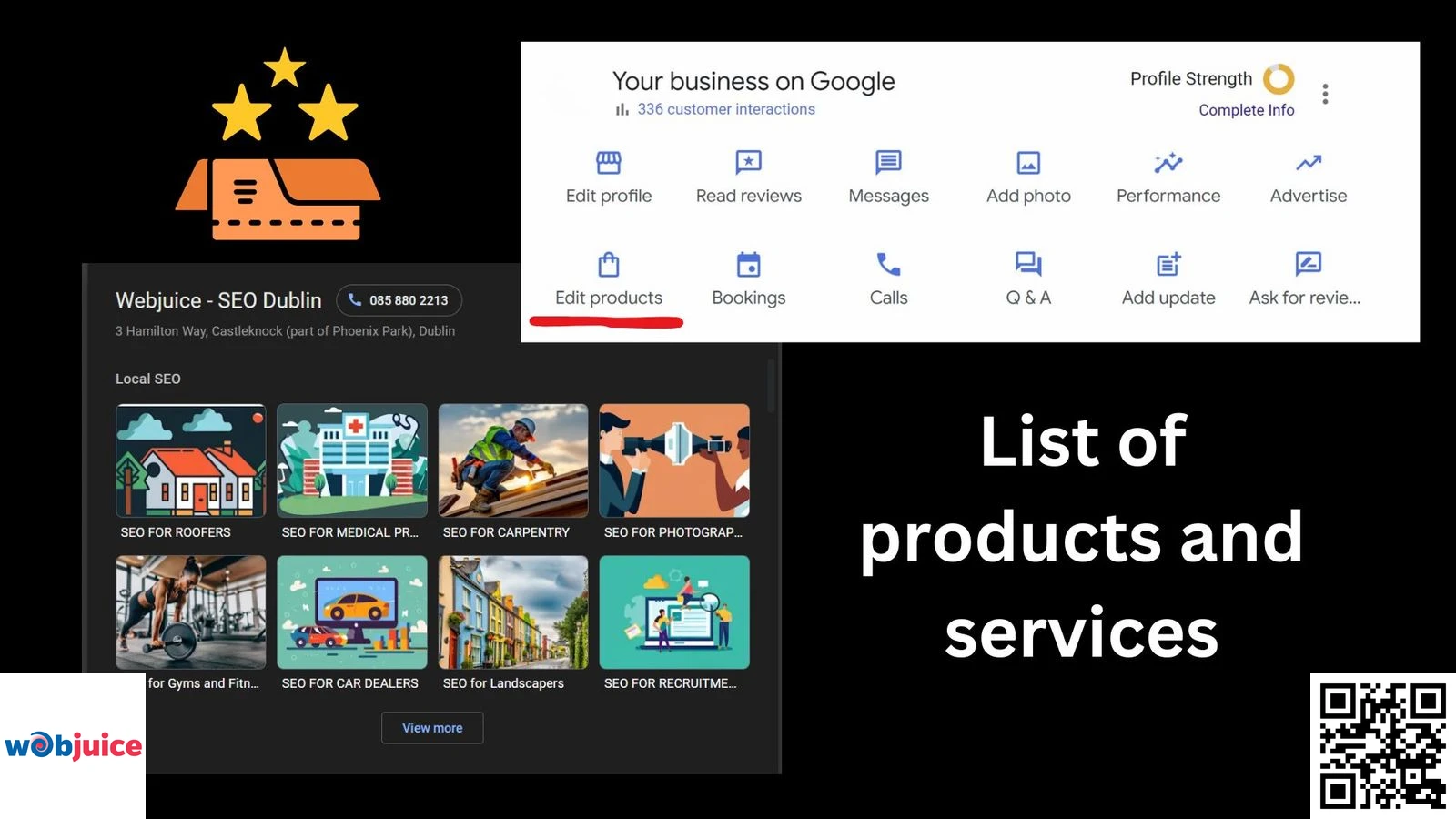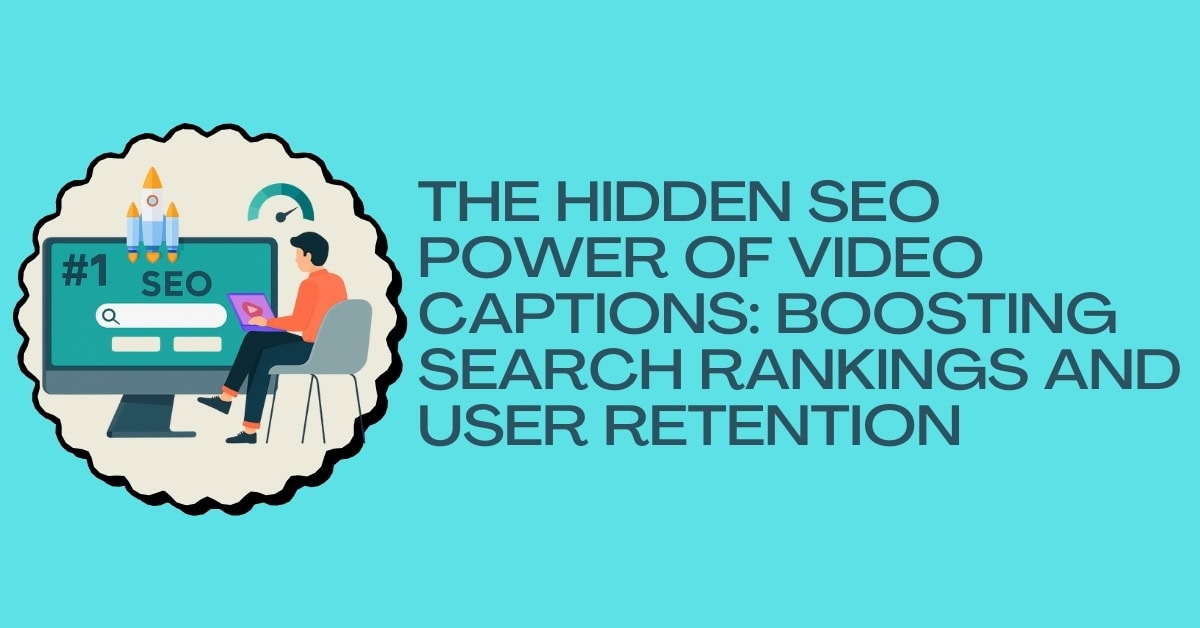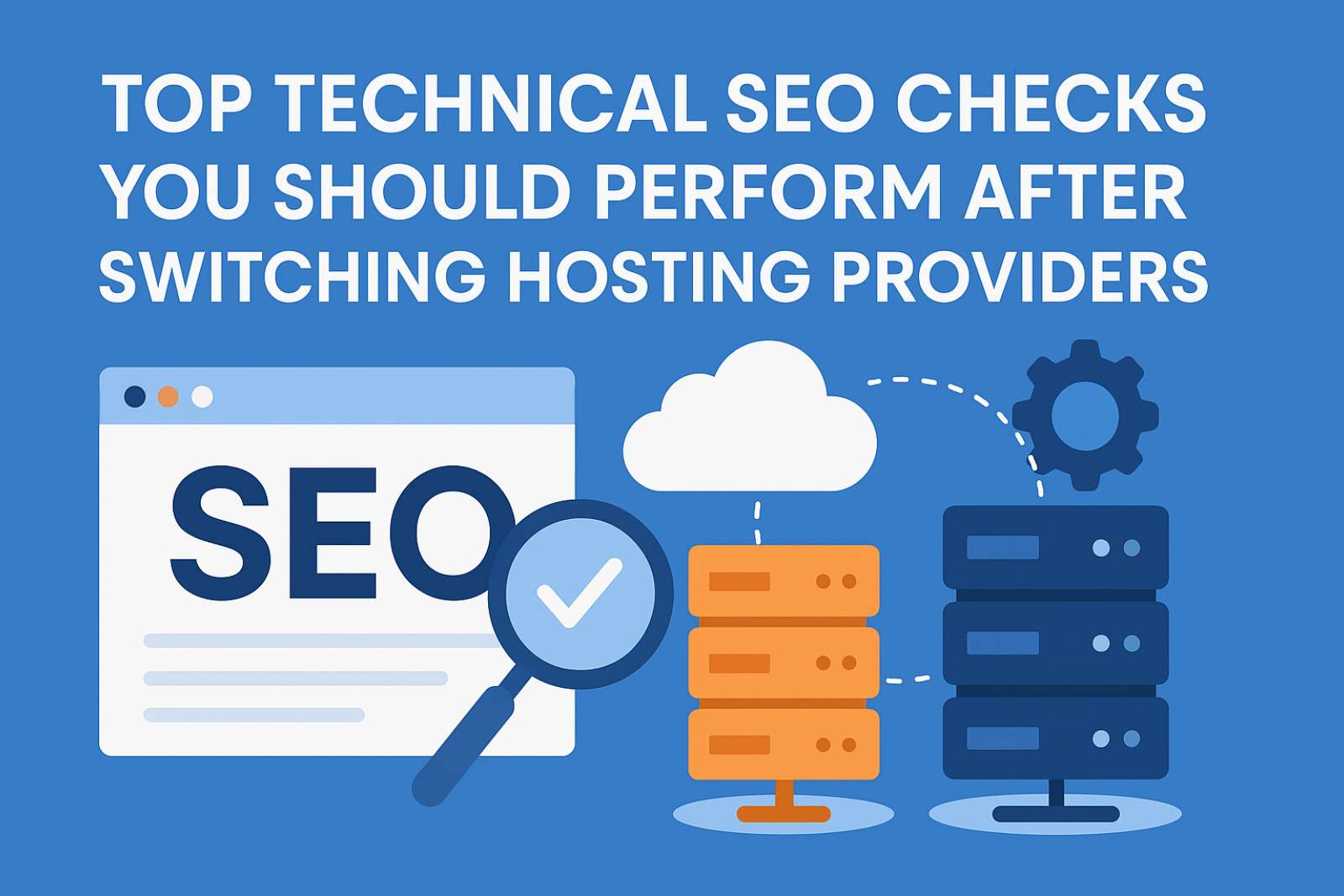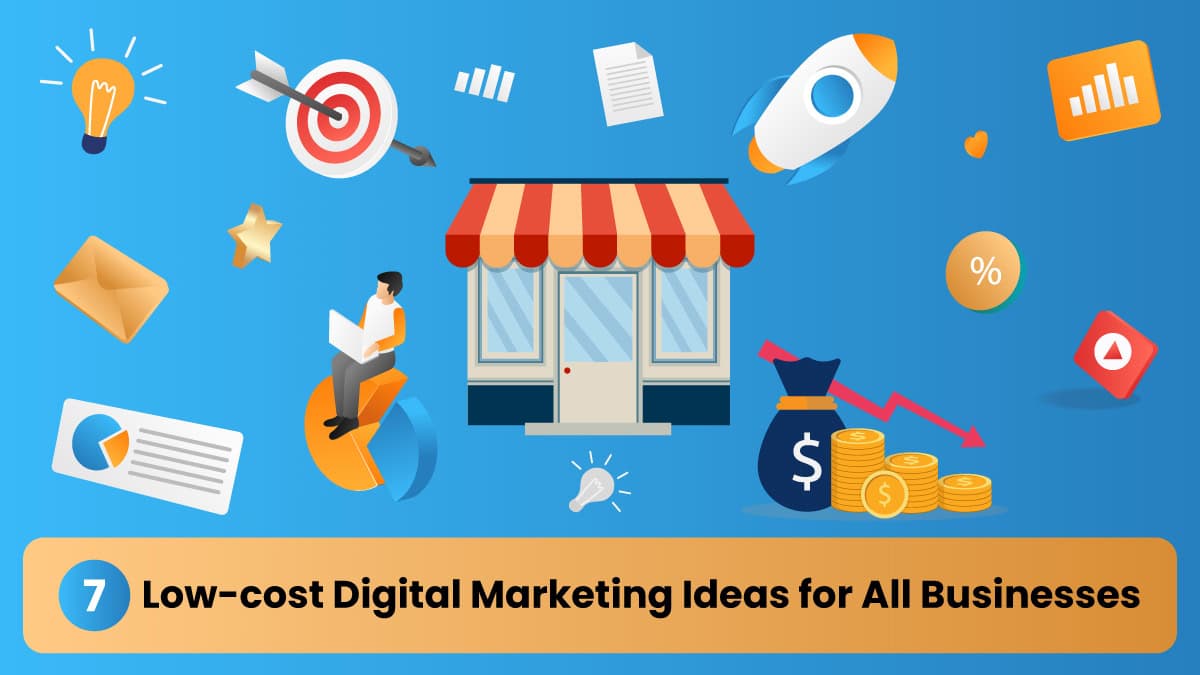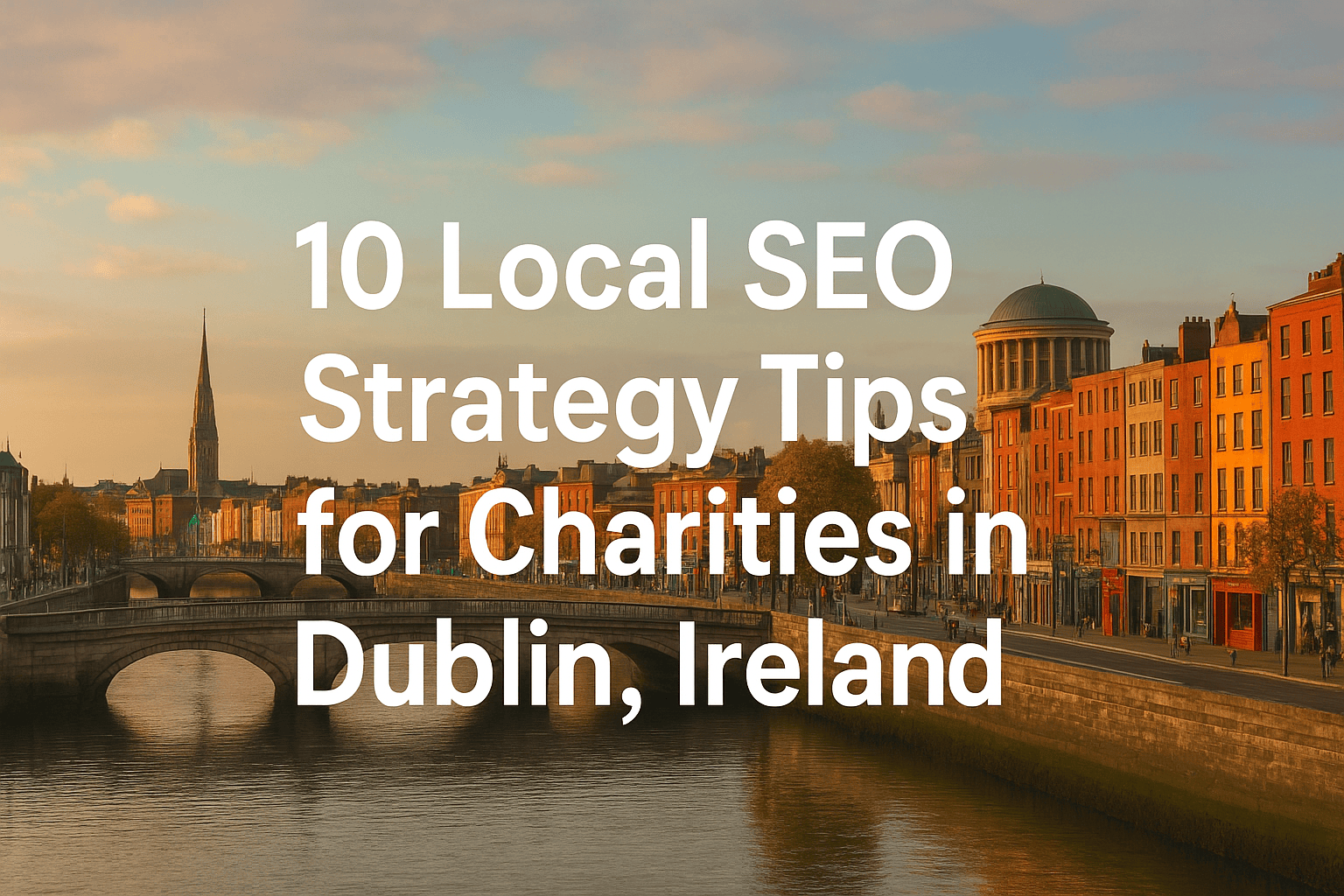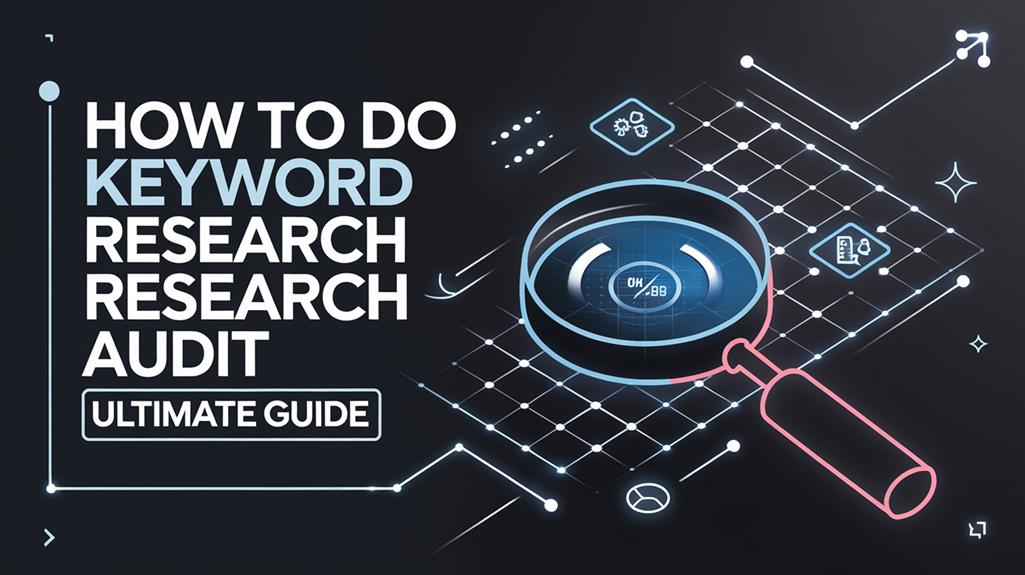For any Dublin startup aiming to carve out its niche and attract local customers, mastering the digital landscape is non-negotiable. This comprehensive guide unveils the essential local SEO strategies that empower new businesses to build visibility, trust, and sustainable growth in a competitive market. At its core, effective local SEO for Dublin startups transcends basic online listings; it is a multifaceted approach to becoming the most relevant and authoritative choice for your community.
The journey begins with optimising your Google Business Profile (GBP), the cornerstone of local search success. By proactively managing your Q&A section, actively soliciting and professionally responding to customer reviews, and sharing high-quality photos and updates, you send powerful trust signals to both potential customers and search engines like Google. Furthermore, integrating your social media channels and maintaining consistent business information across the web strengthens your local footprint, making your startup easier to find and more credible.
Beyond your owned profiles, strategic content creation enriched with relevant local keywords—such as “Dublin startup” or “local services in Dublin”—helps answer your audience’s questions directly. Simultaneously, building genuine local backlinks through community collaboration and event sponsorship establishes critical authority. For Dublin startups, even a few quality links from respected local organisations can significantly boost search rankings against larger competitors. This guide, drawing on the expertise of Webjuice SEO Agency, provides a clear blueprint. From tracking performance with analytics to leveraging the coveted Local Search Pack, we detail the actionable steps to transform your local SEO from a concept into a primary driver of customer acquisition and business growth in Dublin.
Building Local Backlinks
Local backlinks help establish your authority in Dublin’s business community.
Collaborate with nearby businesses, sponsor community events, or partner with local organizations to earn links from their websites. These links carry strong local relevance that boosts your visibility.
For startups, even a few well-placed backlinks can make a big difference against larger competitors.
Social Media Integration
Social channels are powerful tools for strengthening your local presence.
Share your Google Business updates across platforms like Facebook, Instagram, and LinkedIn to extend their reach. Highlight customer stories, behind-the-scenes updates, and local events you’re involved in.
Consistent engagement on social media drives more traffic to your site and reinforces your startup’s presence in Dublin.
Tracking and Measuring Success
Local SEO is only effective if you measure results and adjust strategies.
At Webjuice SEO Agency, we use tools like Google Analytics and Search Console to monitor organic traffic, map pack rankings, and conversion rates.
For startups, these insights reveal which efforts bring in the most customers, helping you invest resources where they matter most.
Why Choose Webjuice SEO Agency for Your Dublin Startup?
We specialize in helping Dublin startups stand out in competitive markets.
Our team combines deep local SEO expertise with tailored strategies designed for early-stage businesses. From GBP optimization to content creation and link-building, we deliver solutions that bring measurable growth.
With us, your startup gains not just SEO services but a partner committed to long-term success in Dublin’s business landscape.
This shows customers you value their questions and reinforces trust in your brand.
If you notice recurring questions, add them to your website’s FAQ section. This improves user experience, supports SEO, and helps customers find quick answers.
Encourage people to use the Q&A feature on your Google Business Profile by mentioning it in posts or conversations.
You can also pre-populate common questions and answers to showcase expertise and authority.
Always keep your tone clear, concise, and easy to read.
Respond to Reviews
Responding to reviews—both positive and negative—shows professionalism and care.
Thank customers for positive feedback and highlight details of their experience. For negative reviews, acknowledge concerns, apologise if needed, and offer solutions or further discussion offline.
Timely replies signal that you value feedback and also improve your visibility in Google results.
Ask for More Reviews
Encourage satisfied customers to leave reviews through follow-up emails, in-person requests, or social media.
Make it easy by sharing direct links to your Google Business Profile. Ask for feedback after positive interactions, such as a purchase or completed service.
Simple prompts like “We’d love to hear your thoughts!” work well. Remember: never offer incentives for reviews.
Photos and Videos
High-quality visuals strengthen trust and engagement.
Use bright, clear images of your products, services, and team. Short videos—like customer testimonials or service demonstrations—boost engagement and humanise your brand.
Maintain a consistent visual style across platforms and always add alt text and descriptions for SEO. Refresh visuals regularly to keep your profile active.
List Products and Services
Create simple, keyword-rich descriptions for each product or service.
Highlight key features and benefits, organise items logically, and include pricing when possible.
Update listings regularly in your Google Business Profile and directories to reflect changes and maintain accuracy.
Connect Social Networks
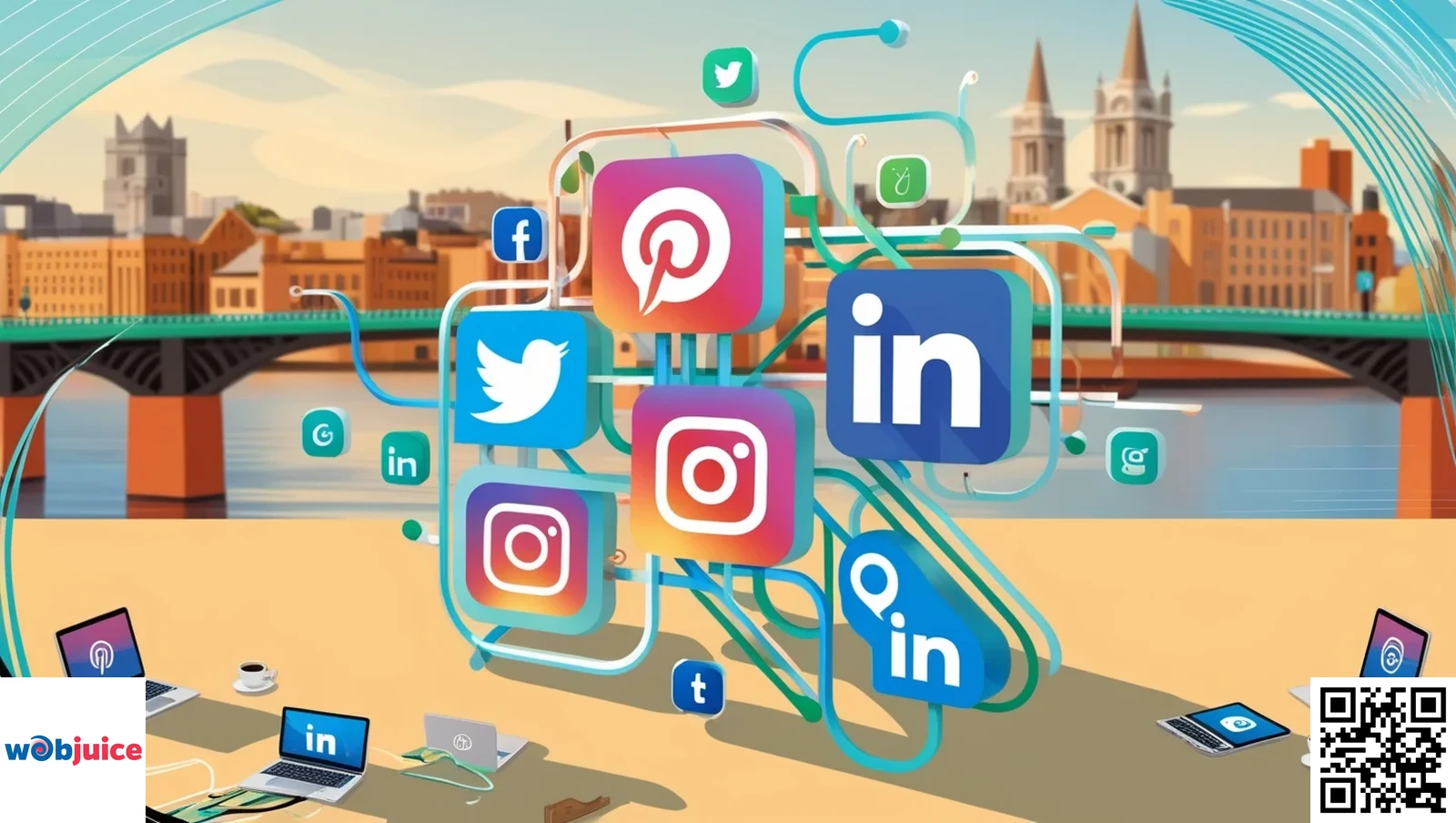
Link your social profiles (Facebook, Instagram, LinkedIn, Twitter) to your Google Business Profile.
Consistency is key: ensure your business name, address, and phone number (NAP) match across platforms to support local SEO.
Post regularly with updates, offers, or events to engage followers and drive traffic back to your profile. Use insights to refine your strategy and improve reach.
What is the Local Search Pack and Why Do Startups Need It?
The Local Search Pack is the map and top three listings that appear for local searches.
For startups in Dublin, earning a spot here can significantly increase visibility, traffic, and trust. Customers often rely on this section to choose businesses, making it a vital goal for local SEO.
How to Do Keyword Research for Startups
Start by listing terms connected to your business and services in Dublin.
Use tools like Google Keyword Planner, SEMrush, or Ahrefs to measure search volume, competition, and difficulty.
Focus on long-tail keywords—they’re less competitive and target qualified customers.
Check competitor keywords too. This can reveal untapped opportunities and help shape your content strategy.
Ways for Startups to Build Local Backlinks
Collaborate with local businesses and community groups for mutual link opportunities.
Sponsoring events, joining charity initiatives, and guest posting on Dublin-based sites are excellent ways to earn backlinks and visibility.
List your business in trusted directories like Yelp, Golden Pages, or Chamber of Commerce websites.
Engage on social media and share valuable content that others will want to link back to.
What Local Ads Can Startups Use With SEO?
Combine local ads with SEO for stronger results.
Options include community print ads, targeted Facebook and Instagram campaigns, Google Business ads, and paid directory listings.
Each ad type supports SEO by driving traffic, boosting brand awareness, and reinforcing local signals.
How to Run Google Ads for Startups
Set clear campaign goals first—traffic, leads, or sales.
Conduct keyword research, then create compelling ad copy with strong CTAs. Use ad extensions to display extra details like location and contact info.
Start with a small budget, track performance closely, and adjust bids and keywords based on results.
Run A/B tests to refine messaging and boost ROI.
Dublin Startup SEO: Frequently Asked Questions
Expert local SEO strategies for Irish startups looking to improve visibility, attract customers, and grow their business in the Dublin market and beyond.
Q1: What is the most important first step for local SEO for a new Dublin startup?
The single most critical first step is to claim, verify, and fully optimize your Google Business Profile (GBP). For a Dublin startup, your GBP acts as your digital storefront in local search results and Google Maps. A complete and active profile—featuring your accurate business name, local Dublin address, phone number, website, business hours, and high-quality photos—directly influences your appearance in the Local Search Pack (the map with the top three listings).
This pack is where the majority of local customers click when searching for services in Dublin. By ensuring your NAP (Name, Address, Phone Number) consistency across all online directories and proactively managing your profile with posts, Q&A, and reviews, you establish the fundamental trust and relevance signals needed to compete effectively in Dublin’s local search landscape from day one.
Include Dublin-specific keywords in your GBP description, such as “serving Dublin and surrounding areas” or “located in Dublin City Centre,” to strengthen local relevance.
Q2: How can a startup with a limited budget build local backlinks in Dublin?
Even with a modest budget, Dublin startups can build valuable, authoritative local backlinks through genuine community engagement and partnerships. Focus on hyper-local strategies that demonstrate your investment in the Dublin community. These include:
- Collaborating with Complementary Local Businesses: Partner with non-competing Dublin businesses for cross-promotions, guest blog posts on their sites, or local event co-sponsorship.
- Engaging with Local Organisations: Get listed in the Dublin Chamber of Commerce directory, sponsor a local sports team or community event, or participate in charity initiatives. Links from these .ie domains carry strong local relevance.
- Creating Locally-Focused Content: Develop valuable content, such as “The Ultimate Guide to [Your Service] in Dublin” or a case study featuring a local client. This “earned” content can attract natural backlinks from other Dublin-based websites and blogs.
These tactics build your local link profile, a key ranking factor that tells search engines your startup is a legitimate and connected entity within the Dublin business ecosystem.
Q3: Why is responding to every Google review, including negative ones, so important for SEO?
Responding to all reviews is a powerful dual-signal for both customer trust and search engine algorithms. For potential customers in Dublin, timely, professional responses—especially to negative feedback—show you value customer service and are committed to resolving issues, directly improving conversion rates.
For local SEO, this activity signals to Google that your business is engaged, reputable, and reliable. A high volume of reviews coupled with owner responses increases profile authority and can improve your local search ranking.
When responding, always thank reviewers, address specific points they mentioned (using natural keywords like “your Dublin delivery”), and for negative reviews, offer to take the conversation offline to resolve it. This public professionalism protects your reputation and enhances your local search visibility.
Businesses that regularly respond to reviews are 1.7x more likely to earn a top 3 position in local search results according to local SEO studies.
Q4: What type of keywords should a Dublin startup target for the best SEO results?
Dublin startups should prioritize a mix of service-based and geo-modified long-tail keywords. Avoid overly broad, high-competition terms. Instead, focus on specific phrases that match local customer intent:
- Geo-Modified Keywords: Explicitly include Dublin or local neighbourhoods (e.g., “Dublin 2,” “Docklands”). Examples: “SEO agency Dublin,” “coffee shop near Temple Bar.”
- Long-Tail Question Keywords: Target specific queries potential customers are asking. Examples: “How to register a startup in Ireland,” “best affordable web design for Dublin small businesses.”
- Local Service Phrases: Combine your service with local intent. Example: “IT support for startups in Dublin.”
Using tools like Google Keyword Planner or SEMrush, identify terms with reasonable search volume and lower competition. Naturally integrating these phrases into your website content, GBP description, and blog posts will attract highly relevant traffic from users actively searching for your solutions in Dublin.
Q5: How long does it take for local SEO efforts to show results for a startup?
While some foundational improvements like GBP verification can yield quick visibility, meaningful local SEO results typically require 3 to 6 months of consistent effort to gain traction. Initial changes, such as fixing NAP inconsistencies and publishing optimized content, are crawled quickly.
However, building the authority needed to rank for competitive Dublin-based keywords—through earning reviews, securing quality local backlinks, and establishing user engagement signals—is a gradual process. It’s crucial to track progress using Google Analytics and Search Console to monitor metrics like organic search traffic from Dublin, impressions in the local pack, and keyword ranking movements.
Patience and persistence are key; local SEO is not a one-time task but an ongoing marketing strategy that, when executed effectively, provides a sustainable and cost-effective channel for customer acquisition in the Dublin market.
Focus on quick wins first—complete your Google Business Profile and fix basic on-page SEO—while building toward longer-term strategies like content creation and link building for sustained growth.
Transform Your Dublin Startup’s Local Visibility Today
Mastering local SEO is the definitive strategy for Dublin startups ready to accelerate growth and outperform competitors. By implementing the core pillars outlined—expert Google Business Profile management, proactive customer review engagement, strategic local backlink building, and consistent social media integration—you establish a formidable online presence that search engines reward and customers trust.
The path to local search dominance is clear: focus on providing exceptional value, maintaining flawless online information, and engaging authentically with the Dublin community. Each positive review, local citation, and piece of helpful content collectively signals your startup’s relevance and authority, propelling you toward the top of local search results and into the Local Search Pack.
Ready to see your Dublin startup climb the rankings?
Don’t leave your local visibility to chance. The expert team at Webjuice SEO Agency specialises in crafting tailored, results-driven SEO strategies for startups in Dublin’s vibrant market. We provide the partnership and expertise to turn these strategies into measurable success.
Take the first step toward sustainable growth. Book your free consultation today by calling 085 880 2213 and discover how our local SEO services can drive your startup forward.
